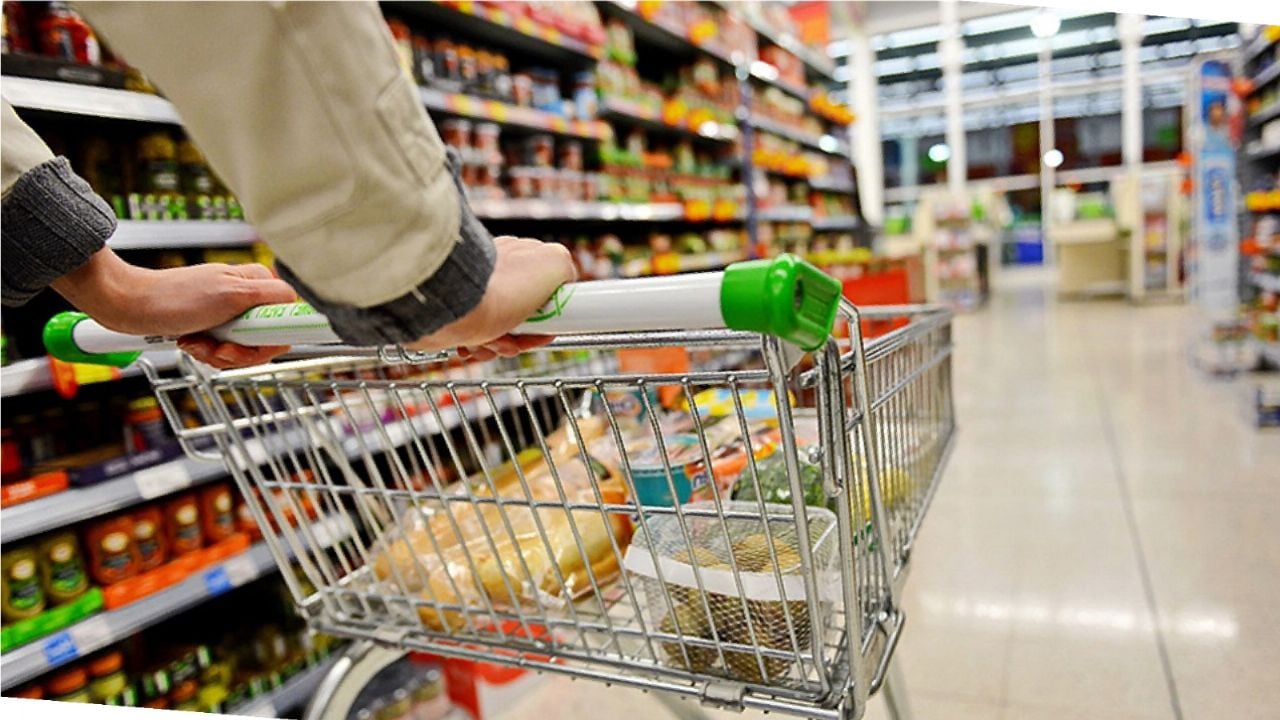In recent weeks, the big ones supermarkets in Argentina have expressed concern about the recent increase in a tax which they say will have a significant impact on product prices.
This increase refers to the Safety and Hygiene Rate, which some municipalities have decided to raise, causing alarm among the main supermarket chains in the country. The Association of Supermarkets Unidos (ASU), which represents the main supermarket chains, has been one of the most critical voices regarding this measure.
According to Juan Vasco Martínez, executive director of ASU, the increase in the Health and Safety Tax in municipalities such as Lanús, in the province of Buenos Aires, is a clear example of how fiscal decisions at the local level can directly affect the prices of products on the shelves.
In Lanús, the tax rate has been increased to 6% of turnover, a figure that even exceeds that of Gross Income. This increase is not an isolated case. According to ASU, several municipalities have adopted similar measures in recent months, which has generated an increase in the tax pressure on supermarkets.

The main concern of the chains is that these tax increases dilute the efforts of the National Government to reduce taxes and tariffs, and end up harming end consumers. The impact of this tax increase is felt in an already complicated economic context.
Inflation in Argentina has been a persistent problem, and any increase in supermarket operating costs inevitably translates into higher consumer prices. The supermarkets They argue that, although the Government has announced a reduction in the PAÍS tax from 17.5% to 7%, this positive measure is offset by tax increases at the municipal level.

Taxes
The Minister of Economy, Luis Caputo, has defended the reduction of the PAÍS tax as a measure that should contribute to the reduction of prices in September. However, supermarkets have indicated that they do not expect major changes in the short term due to existing stocks and the limited number of products affected by the tax reduction.
They also argue that local tax increases cancel out the benefits of national measures. The situation has led to increased tension between the government and the supermarketsIn recent meetings with the Ministry of Commerce, representatives of ASU and the Coordinator of Food Product Industries (Copal) have expressed concern about the impact of these tax increases on prices.


















